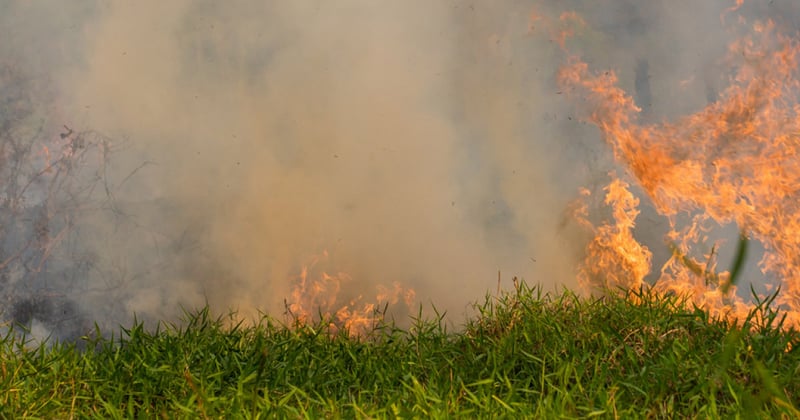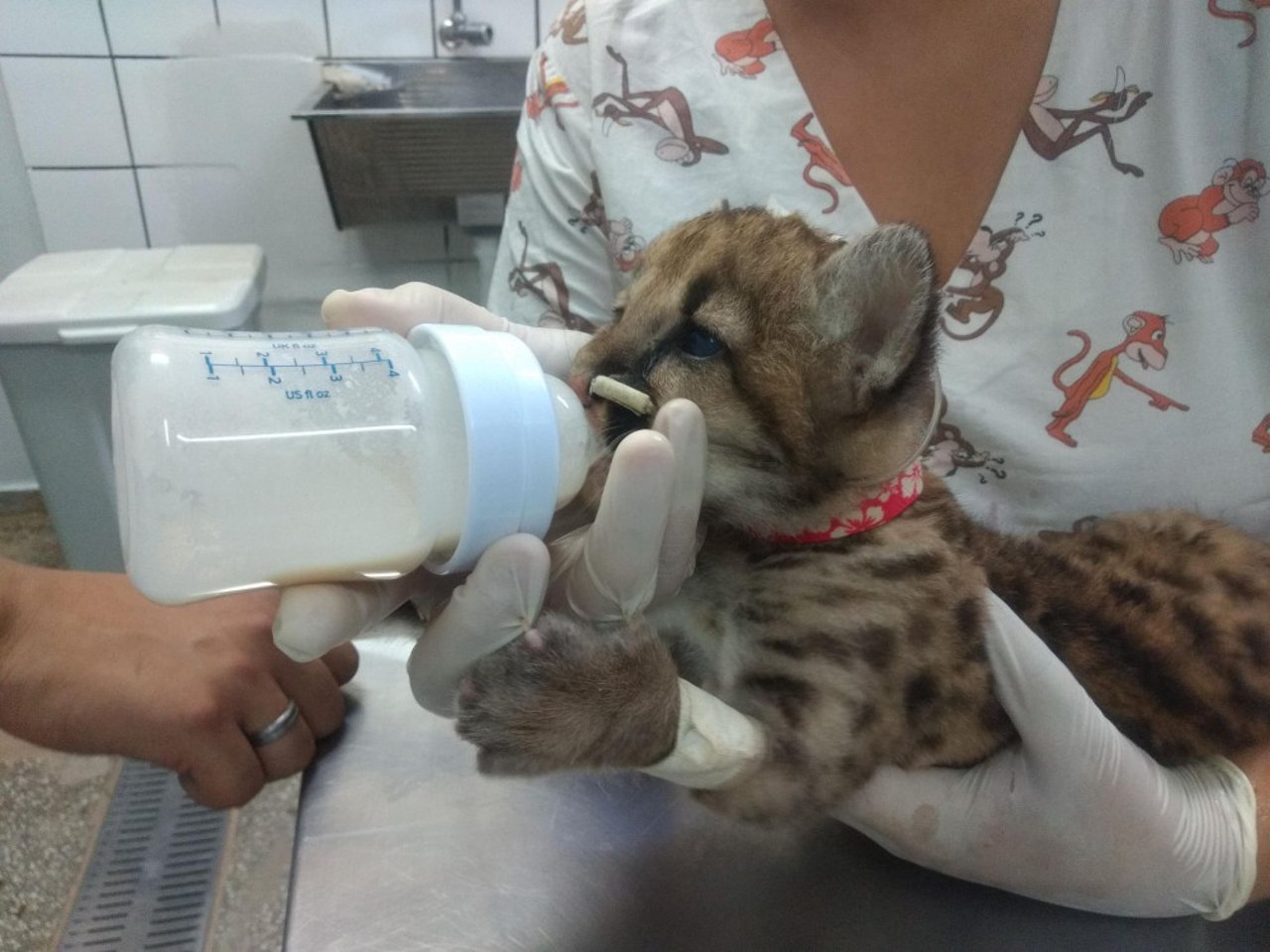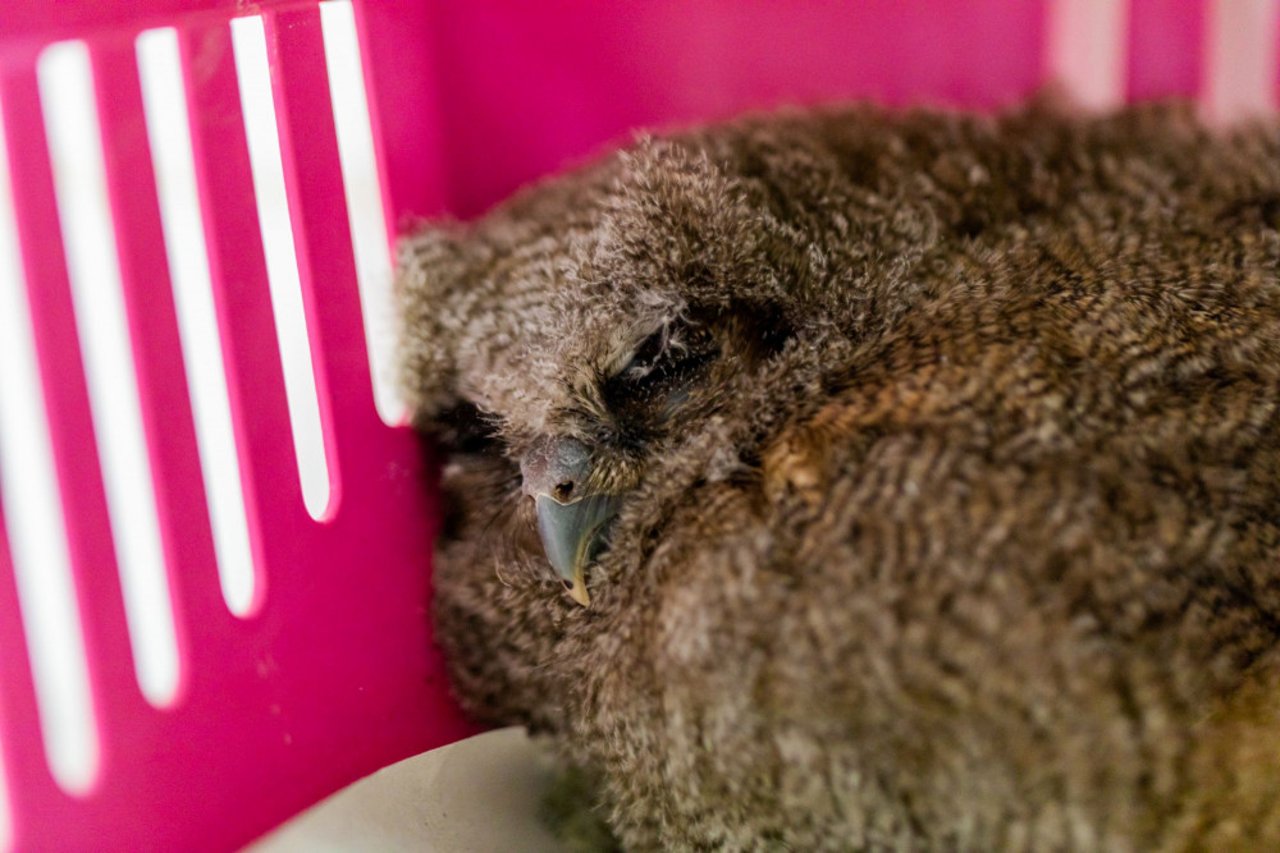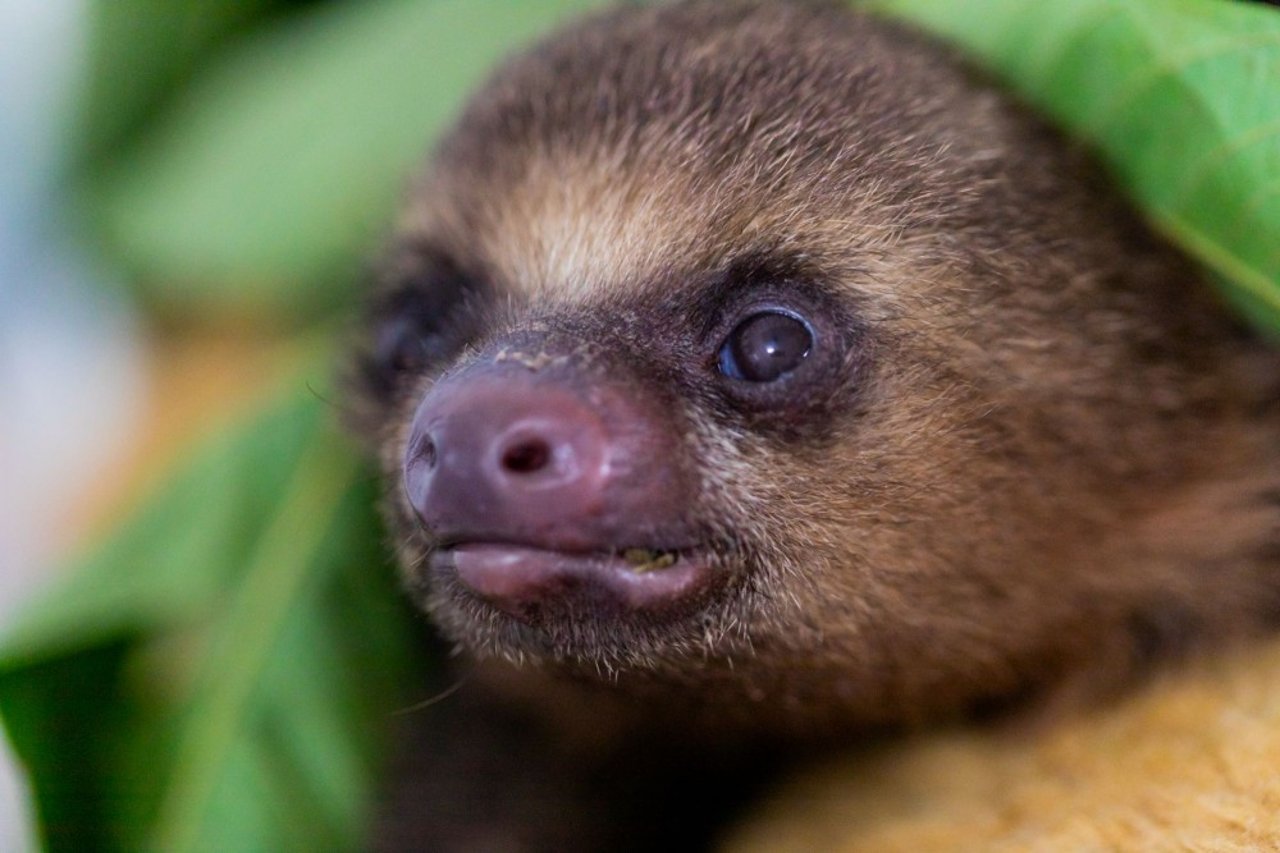
Amazon fires update: helping orphaned baby animals
News
As the Amazon continues to burn, our teams are on the ground, thanks to you, delivering much-needed medicines to the state CETAS – Wild Animal Screening Centres – where wild animals are brought after being injured or displaced.
Latest Amazon Fires Update:
Thank you! So far, you’ve helped provide much-needed working equipment, medications and supplies for local organisations who are on the ground in the Amazon. You’ve helped pay for:
- Supplies such as milk replacers and porridge to help care for orphaned mammals and birds;
- Medical supplies – including syringes, disinfectants, antibiotics, anaesthetics and bandages;
- Improving containment areas to be better adapted for larger animals such as jaguars;
- Enlarging flying cages to ensure better welfare for wild birds undergoing treatment and rehabilitation;
- Specialist animal handling equipment (transport carriers, gloves, catch poles and nets) so on-the-ground teams can safely rescue scared and injured animals;
You’re also providing training to the Acre civil defense firefighters in basic animal handling. This will enable safe transportation of wild animals to local organisations who will care, treat and rehabilitate them.
The director of CETAS, Elaine Oliveira, said: “World Animal Protection came to Acre, to know the reality of the Amazon fires, and has given us very important support with the donation of medicines and other inputs.”
There are numerous baby animals at the CETAS, left orphaned by the fires, but also by accidents like when their mothers touch electric wires, are hit by cars or attacked by other animals. They all have stuffed animals to cling to, which makes an already sad situation even more poignant.
Amazing news from the Amazon response
In Manaus, Amazon state, two “coloured cougar” cubs were brought in. It’s likely these cubs are victims of the fires, the mother was nowhere to be seen which is highly unusual for felines – suggesting she was driven away, separated by the fires, injured or killed.
The cubs showed signs of pneumonia and were immediately placed on oxygen therapy and the appropriate medication. Thankfully, both cubs have now left intensive care and vet staff feel optimistic about their recovery.
Recently, a tiny baby male opossum was brought in by firefighters. No larger than a child’s hand, he was obviously too young to be alone. Nearly bald, his fur stands in patchy tufts and he walks unsteadily, stopping frequently and trembling.
When the vets picked him up to examine him, he seemed to calm down, reassured by their touch. Like the other orphaned babies, he receives medical treatment, food, water and constant care.
Image Credit: World Animal Protection / Noelly Castro
One of the owls, a chick, mentioned in our last web story, recovered fully and has now been released back into the wild – into a safe area, far from the flames.
Also featured in our last report were the two baby female sloths. They’re doing well and adjusting to their new surroundings.
They’ve been receiving round-the-clock care as they would from their mothers. The older of the two, “Bibi”, is a bit more independent than “Nina”.
Bibi likes nothing more than to hang upside down and eat flowers and fruit given to her by the CETAS workers. Nina grasps onto one of several stuffed animals as she seems to need constant contact and comfort. They’ll remain at the CETAS for many months until they are old enough to be reintroduced into the wild.
Image Credit: World Animal Protection / Noelly Castro
Thanks to your support, some of the millions of animals getting hurt or losing their homes have some hope.
(Header Image Credit: World Animal Protection / Noelly Castro)
Also featured in our last report were the two baby female sloths. They’re doing well and adjusting to their new surroundings.


